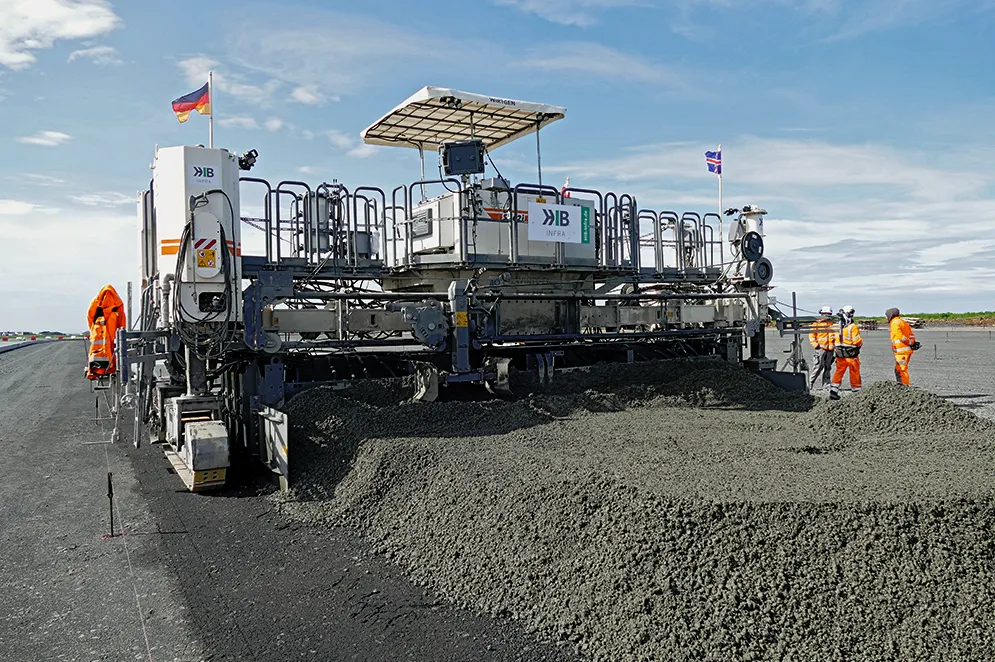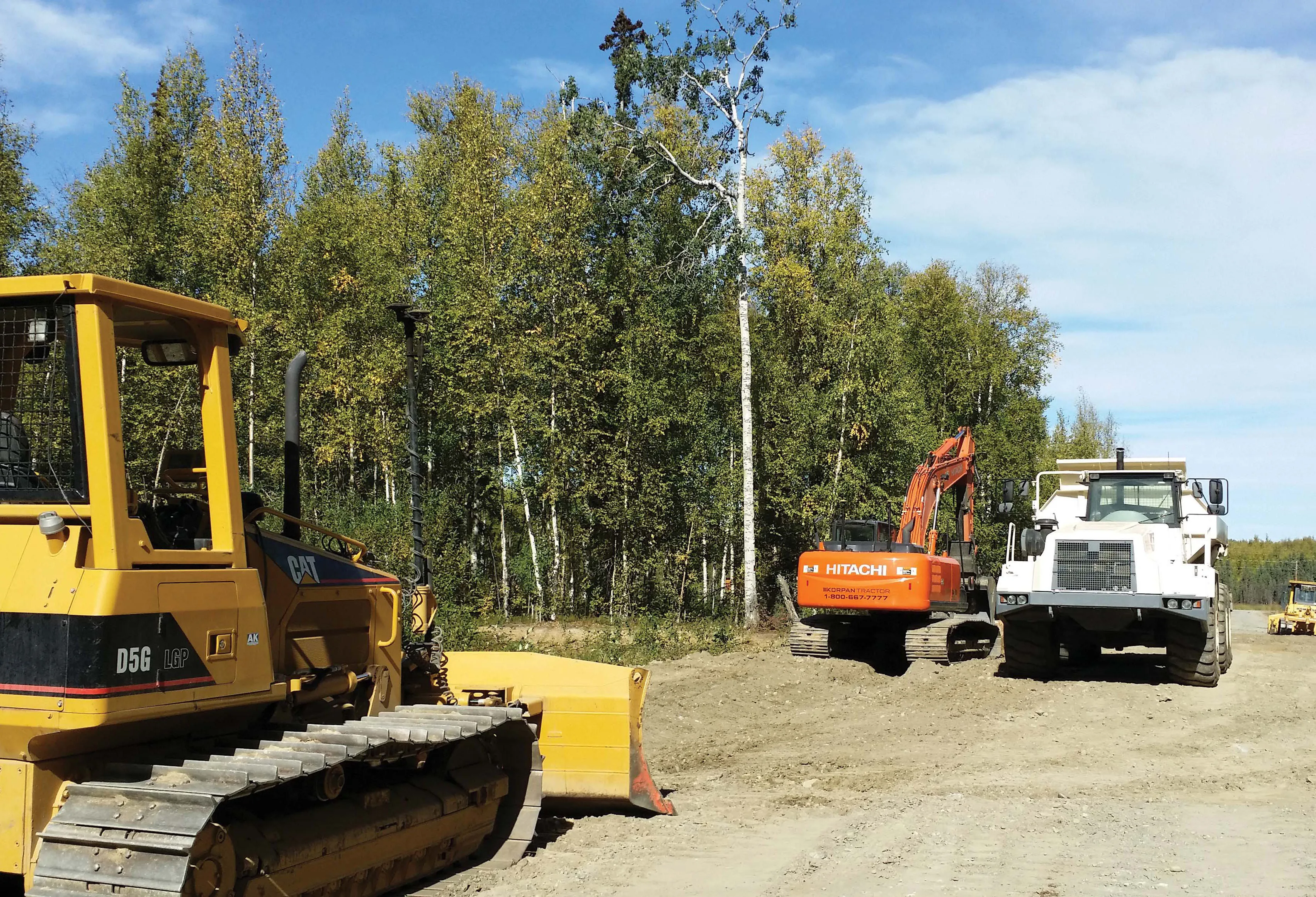
A new runway surface has now been laid at MacDill Air Force Base in the US, located approximately 6.4km south-west of downtown Tampa, Florida
This facility is the base for the US Air Force’s Air Mobility Command, which provides airlift, special missions, aerial refuelling, and aeromedical evacuation for the armed forces. MacDill is home to 16 KC-135 Stratotankers and three C-37 Gulfstreams, which use the runway every day.
At any point, there will be a steady flow of aircraft departing and landing on the base’s sole runway, Runway 4-22. The runway is 2,871m long by 46m wide and usually requires resurfacing every 15 years or so. In 2016 the surface had provided MacDill Air Force Base with 16 years of service and wear and cracks had developed, with even the best pilots finding it rough for smooth landings.
The US$8.1 million runway resurfacing project was awarded to Danner Construction Company, Tampa, FL, as the general contractor on the project. Ajax Paving Industries, North Venice, FL, completed the paving and Turtle Southeast, Largo, FL handled all of the asphalt milling of the old surface.
The overall project is expected to close the runway for about two months. The aircraft traffic was redirected to nearby Tampa International Airport and to Joint Base Charleston to continue the base’s operations.
“The challenge we faced was time,” stated T Allen Gill, general manager with Turtle Southeast, “Our window for milling the entire runway was set at 96 hours.”
To complete the project on time, Turtle assigned much of its equipment and staff. The company has 50 employees and a fleet that includes 13
The total milling depth of the project was 108mm and required a total of 400 machine hours to complete. Turtle milled the first layer of asphalt at 57mm and then milled the second layer to final grade using a machine control GPS system. The company had 30 employees working on the project and dedicated eight of its Roadtec RX-700e cold planers to ensure the project was done accurately and within the tight timeframe.
Additionally, Turtle Southeast needed to ensure that the milled grade was tight enough so that Ajax could achieve finished paving tolerances of 6.35mm or less to meet FAA standards.
The firm said it ran its milling machines 20 hours/day without a single minute of downtime, with some older units included in that group but proving as reliable as the new ones.
The RX-700e features a 563kW Caterpillar engine and the machines have the exclusive Roadtec Guardian Telematics System, which monitors the machine in real time through a wireless signal, and can address any issues that may arise while the machine works. The telematics system also allows Roadtec service personnel to remotely view the machine in real time.
“We worked hard on this project and put in some long hours,” stated Gill, who also credits Ajax for its support throughout the project and staging the trucks, so the milling could continue uninterrupted. “When we started the day on Saturday morning there were a total of 130 trucks lined up and waiting to be filled.”









